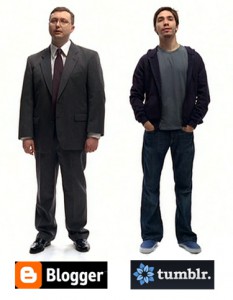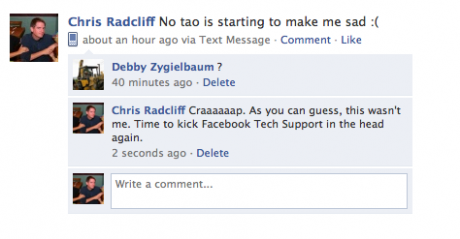 Passwords bug me. Specifically, password management on most websites is maddening. Here are a few things to keep in mind when designing yours:
Passwords bug me. Specifically, password management on most websites is maddening. Here are a few things to keep in mind when designing yours:
List your password-format rules up front. All too often, sites ask for a password with no indication of their format rules, then scream “ERROR!” when you don’t guess correctly. Yell at your users less by telling them what you want first.
Don’t limit the size of a password unless you absolutely have to. Honestly, it’s 2012. Databases can store unlimited-length strings, and the security of a password is improved by length. If your user wants to use the Gettysburg Address as a password, let them go for it.
Ditto for the content. If the user wants ancient Greek poetry for their password, then don’t freak out about the character set or complain that it doesn’t contain any numbers. Honestly, I once had a health-care provider prevent me from using spaces and punctuation in a password. “Alphanumeric characters only”. Way to be secure, guys.
Don’t limit the password format at all unless a compromised account will damage your service as a whole. No minimum length, no “special characters” requirement, no “at least one number”. I know, this is a tough one to swallow. Take an honest look at the worst a malicious user could do; if the only harmful effects are to the user choosing the password, then let them choose whatever they want.
Rate the strength of a password as the user types, and give hints on how to improve it. If you do this, though, get it right. It’s annoying to type in “correct horse battery staple” and have some out-of-date algorithm tell me it’s “Weak“. It’s worse if the system rejects it outright, but even the knowledge that your algorithm sucks makes me doubt the overall security of your system.
Check that your login fields are friendly to automatic login. I’m more likely to choose a unique password for a site when I can hand off the job of remembering it to my browser or keychain. Each time I have to click “forgot password”, though, my choice is going to be easier to remember (and probably less secure).




 Looking at my to-do list today, I noticed for the millionth time how two key attributes of a task seem to be either redundant or in conflict: its due date and its priority.
Looking at my to-do list today, I noticed for the millionth time how two key attributes of a task seem to be either redundant or in conflict: its due date and its priority.